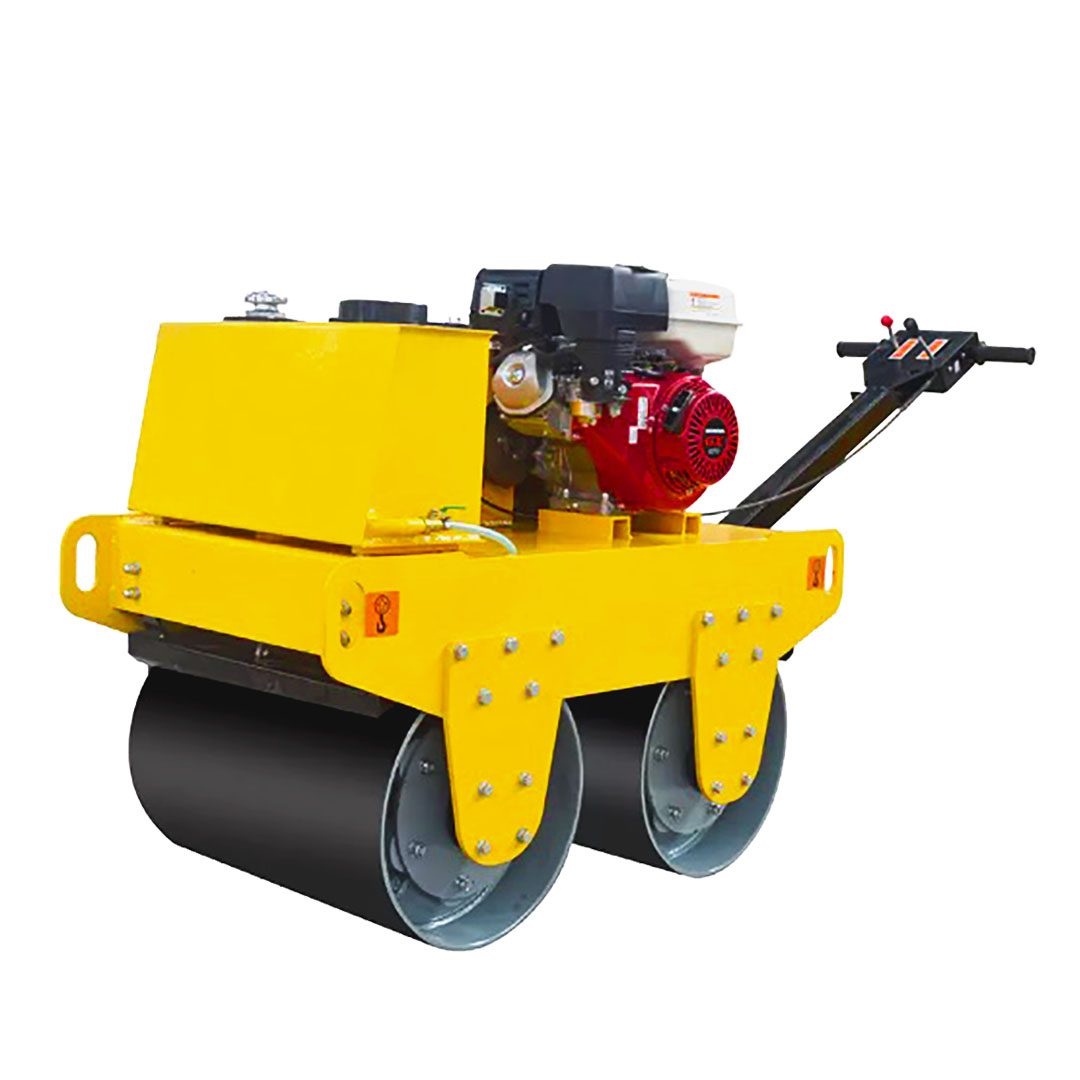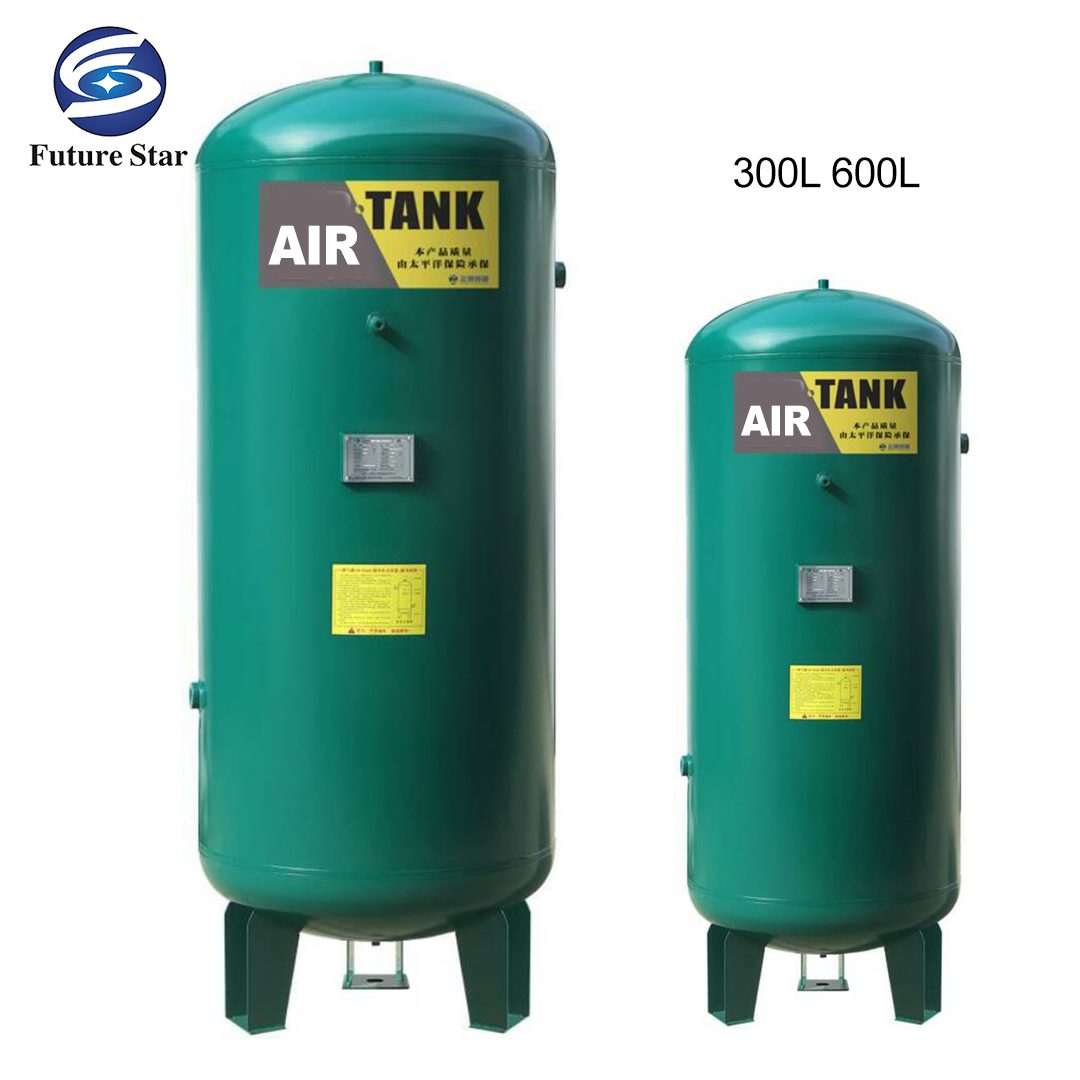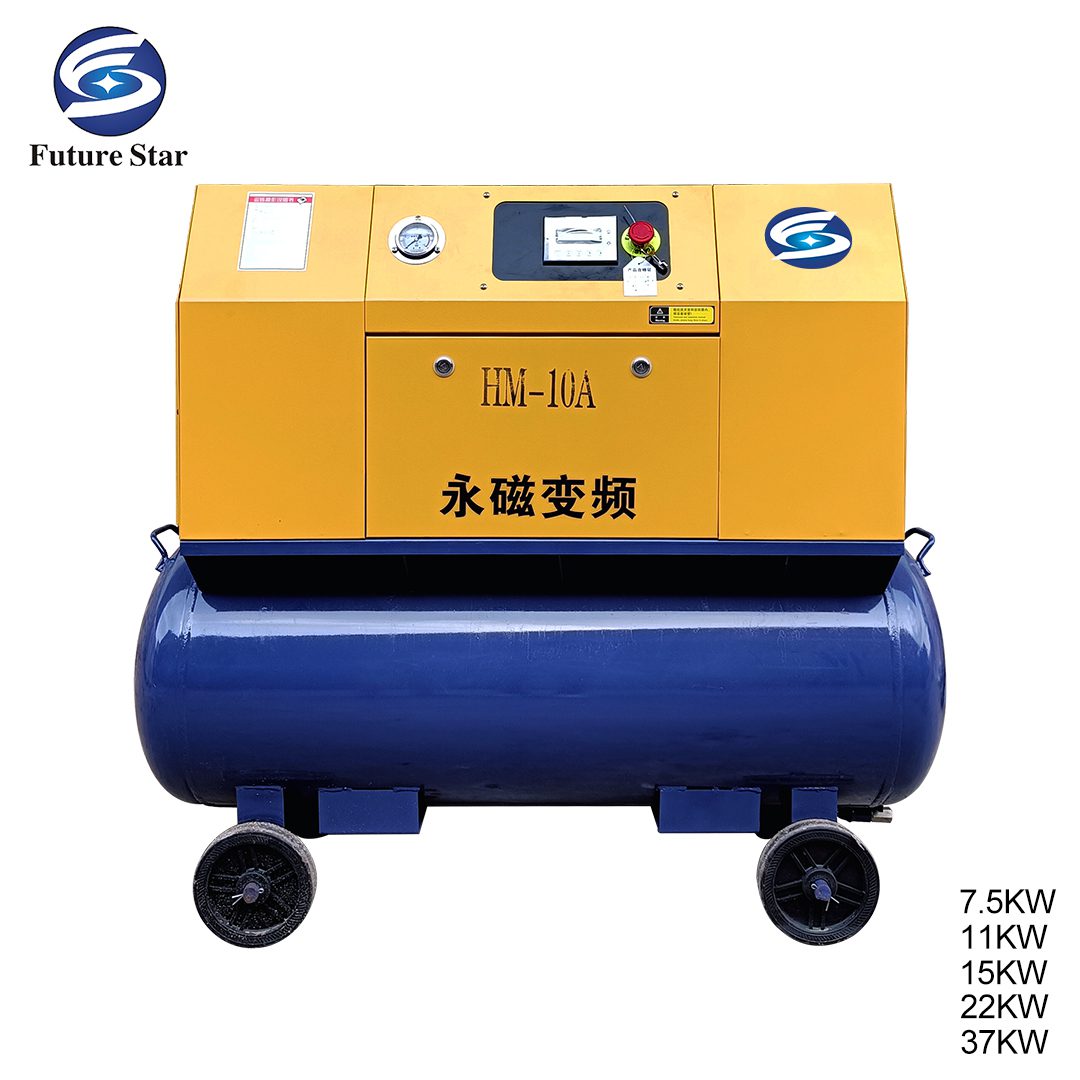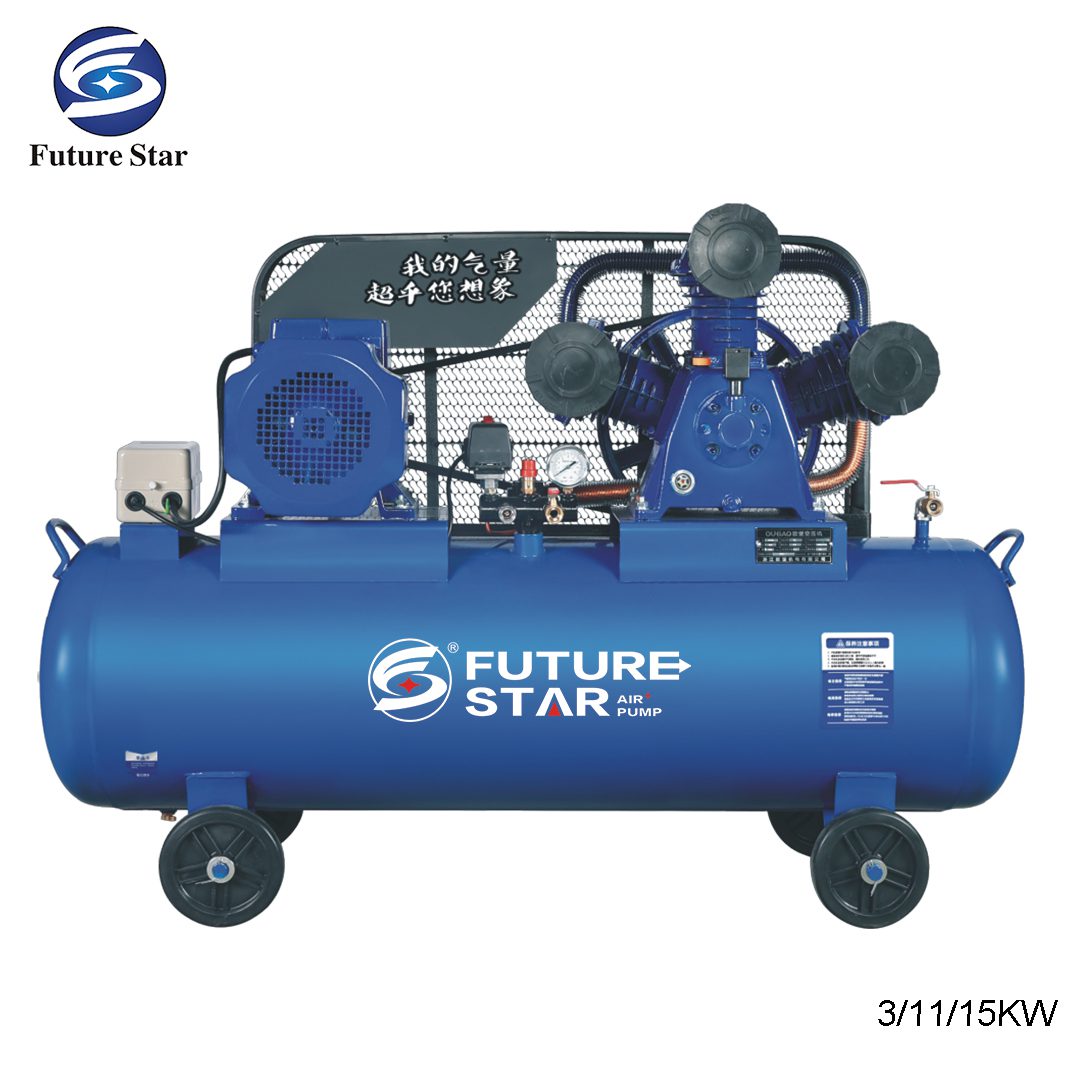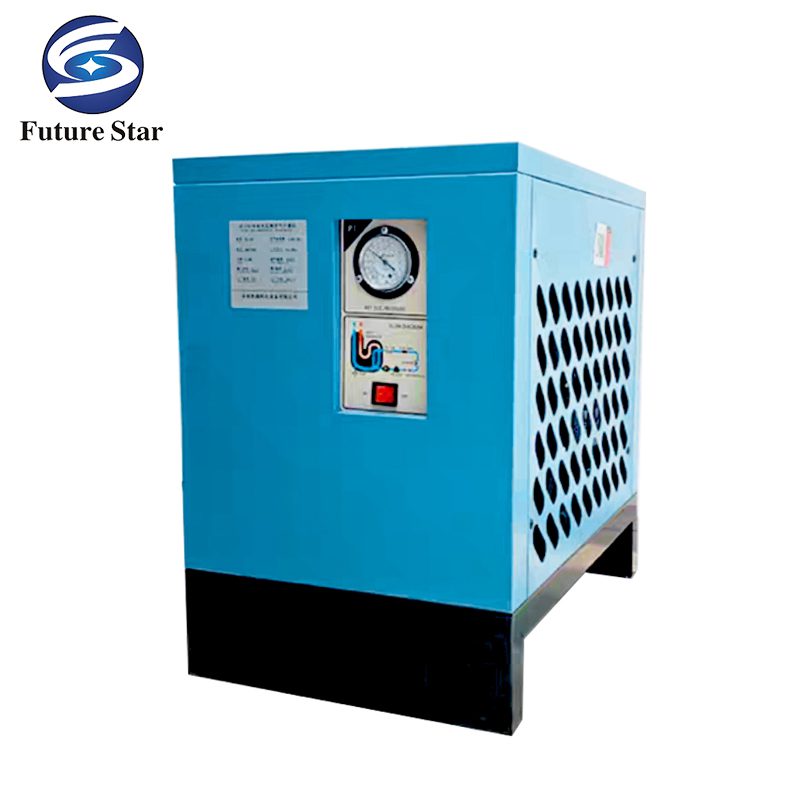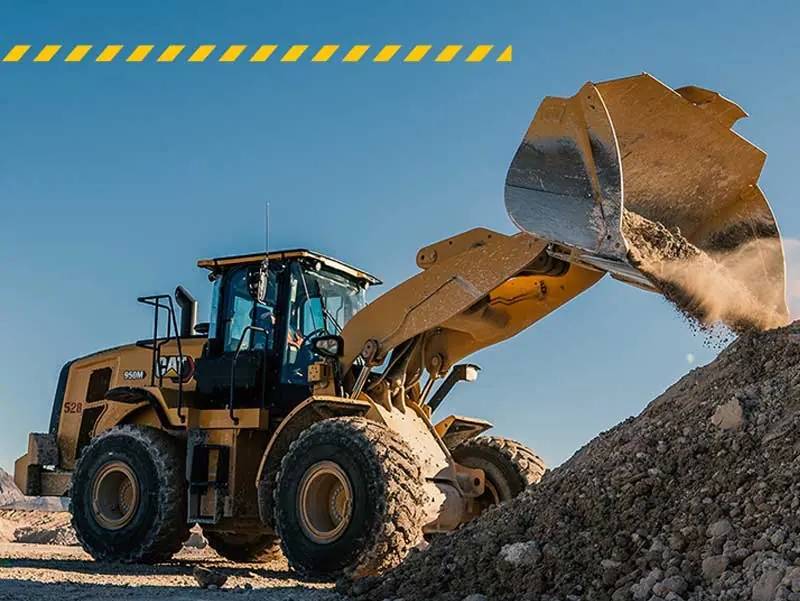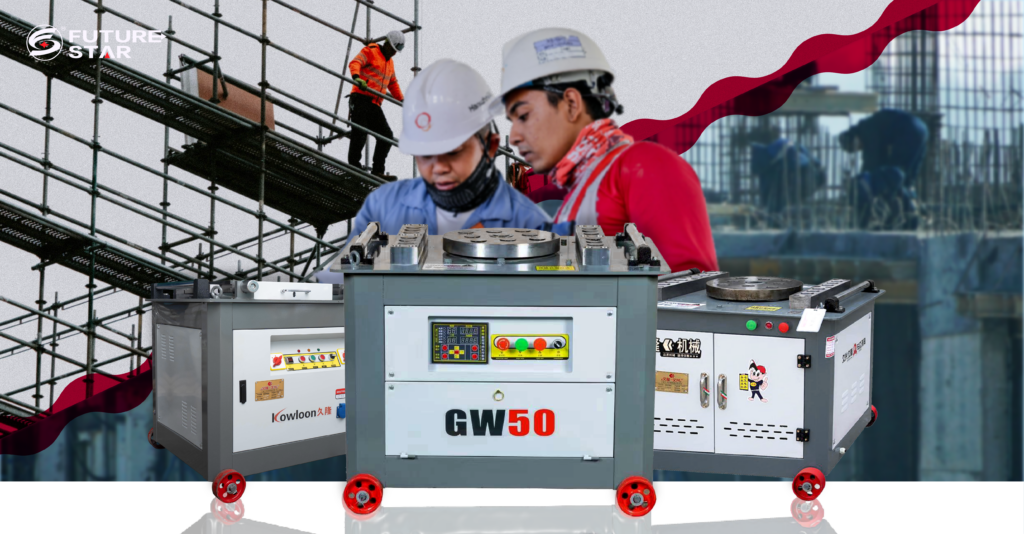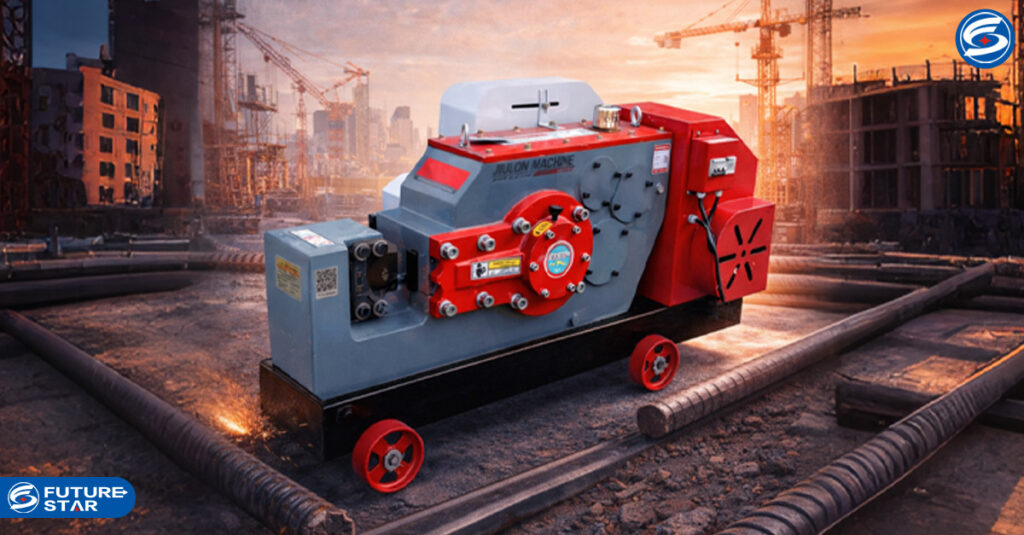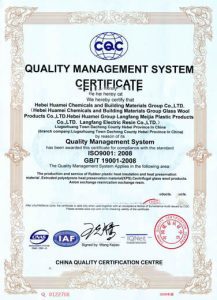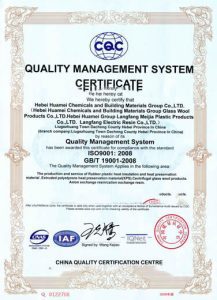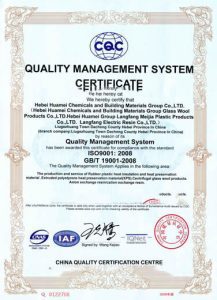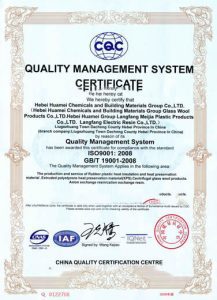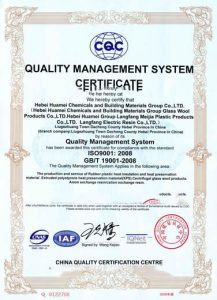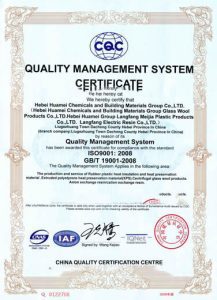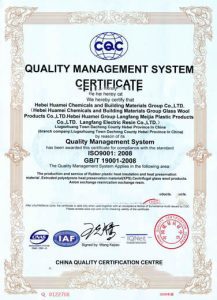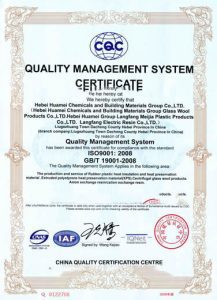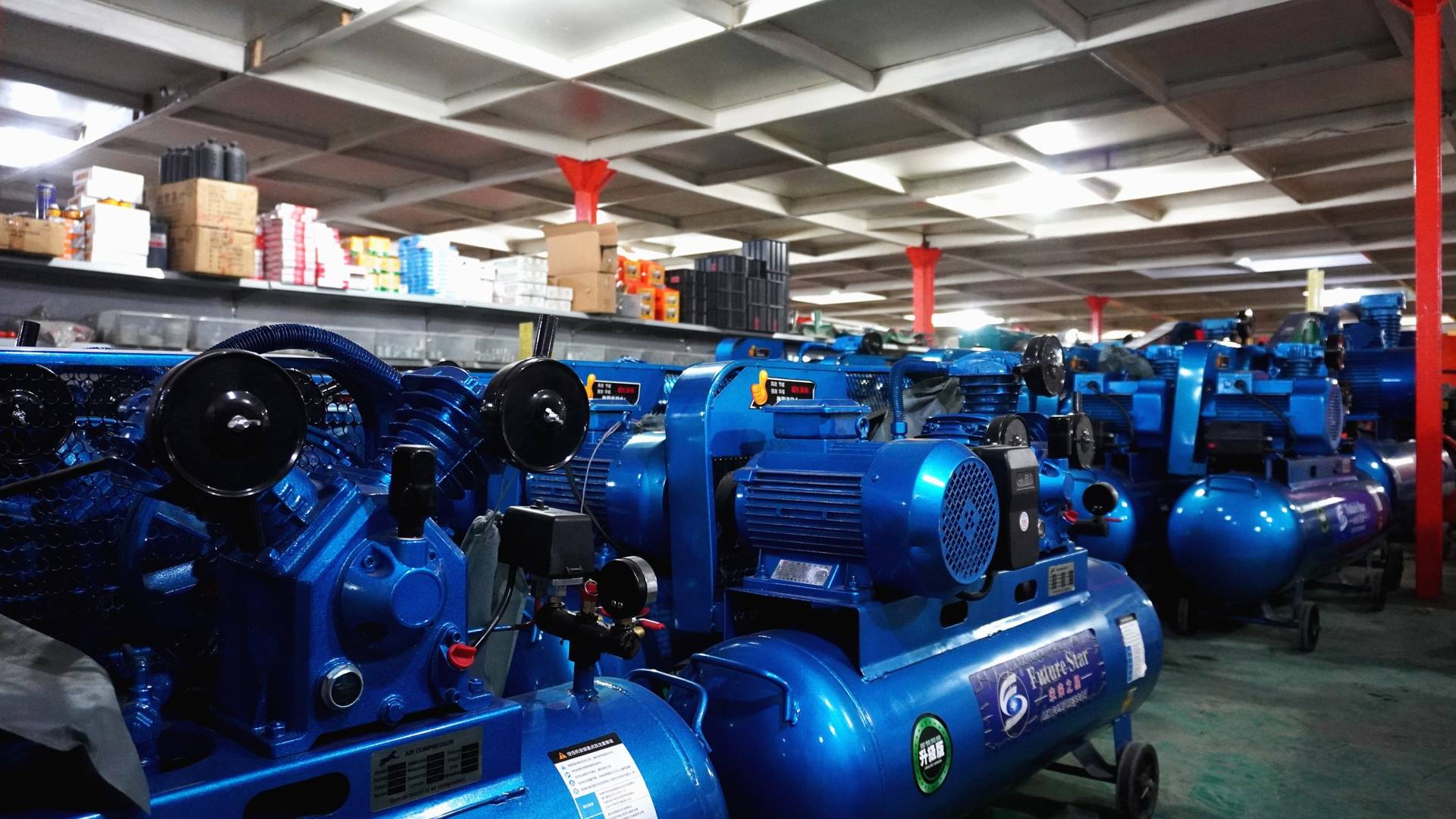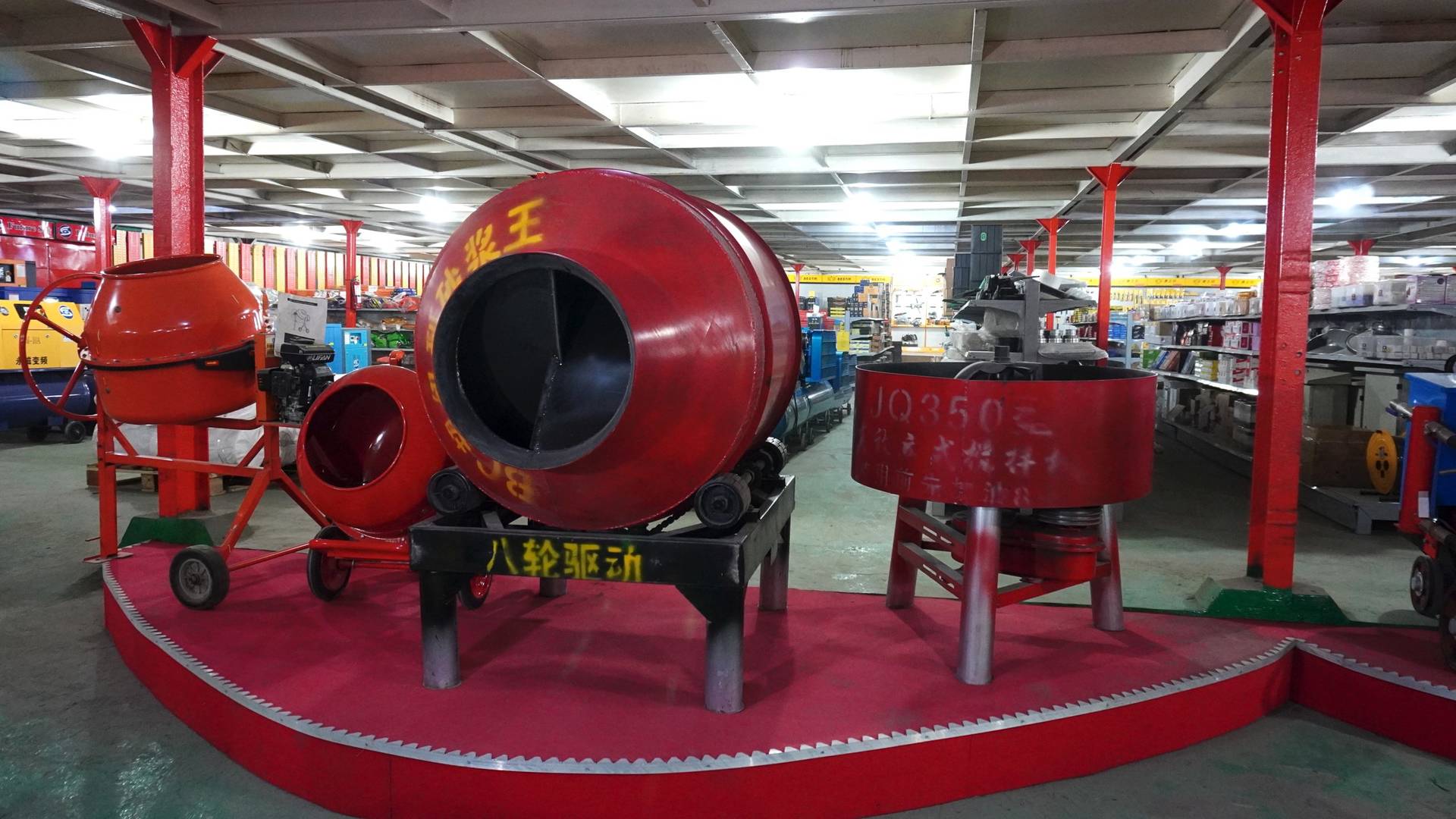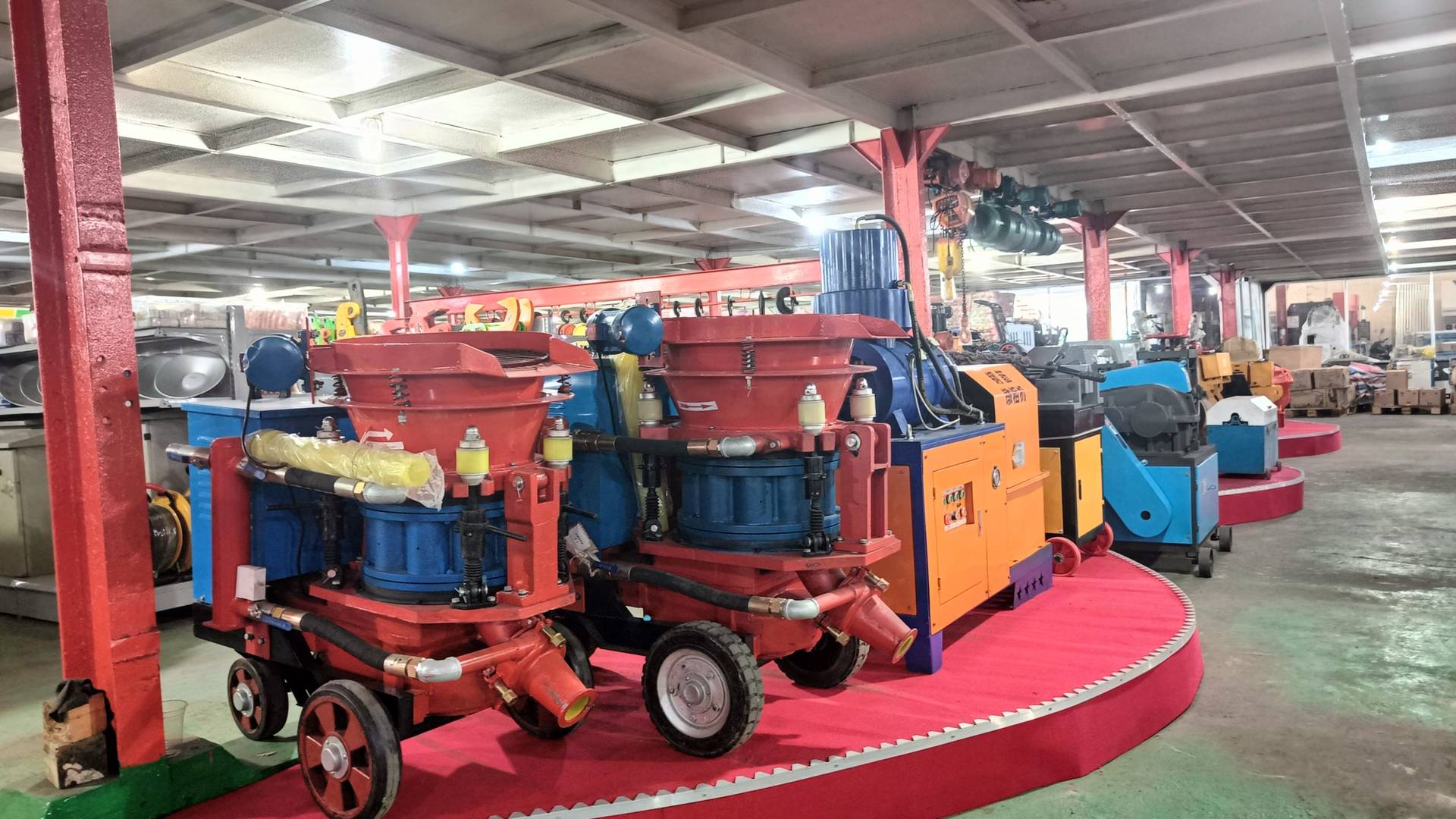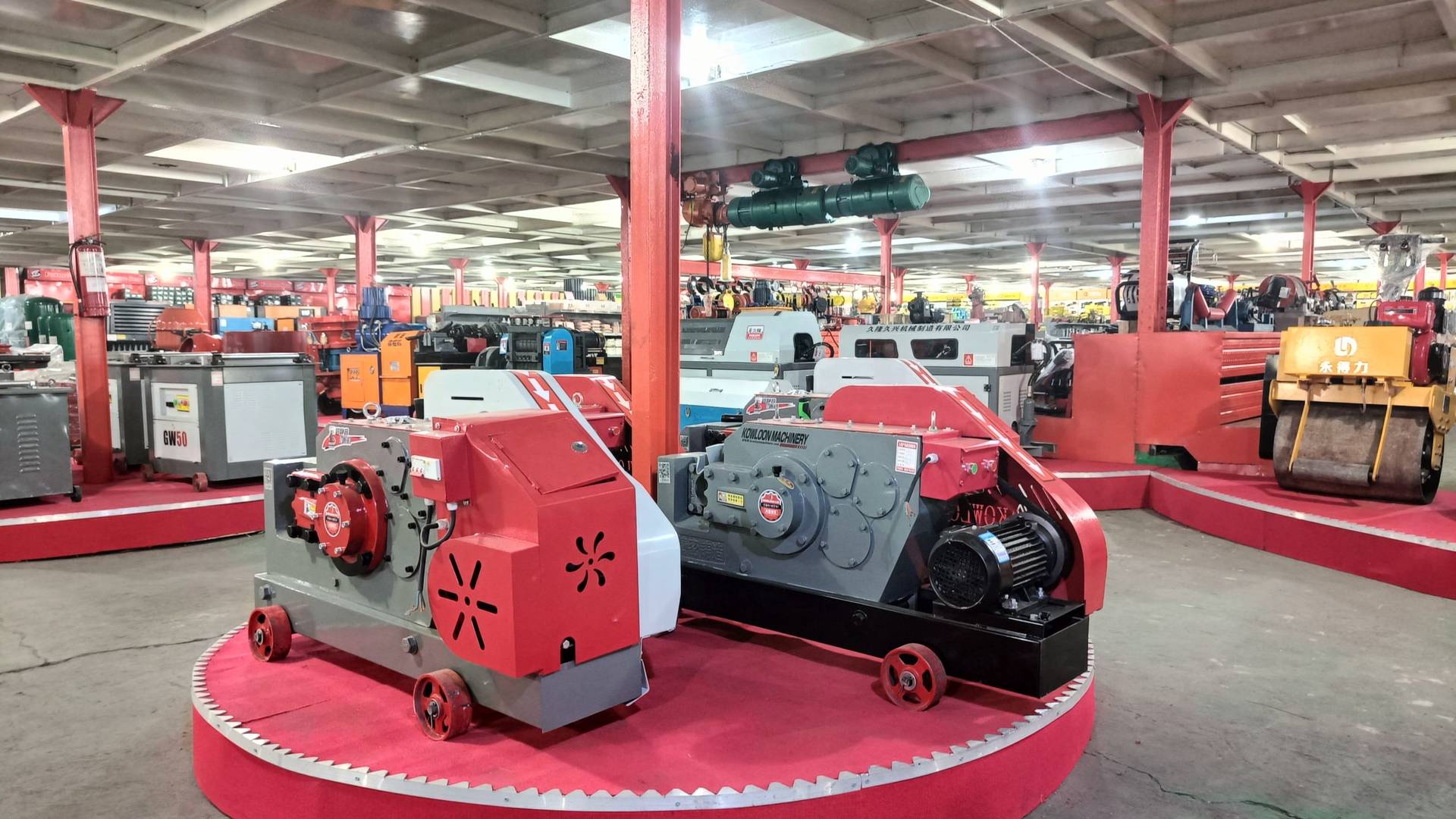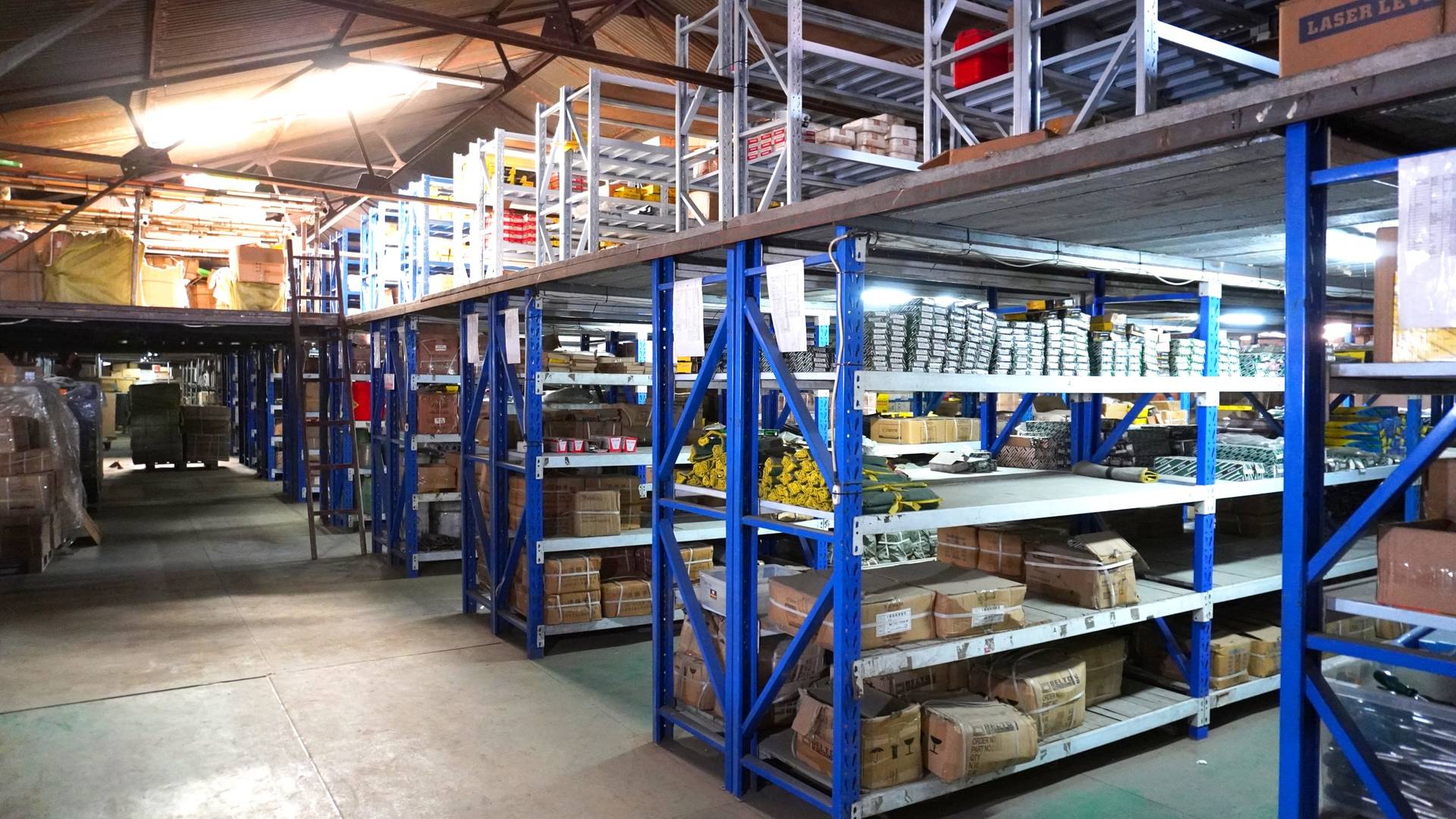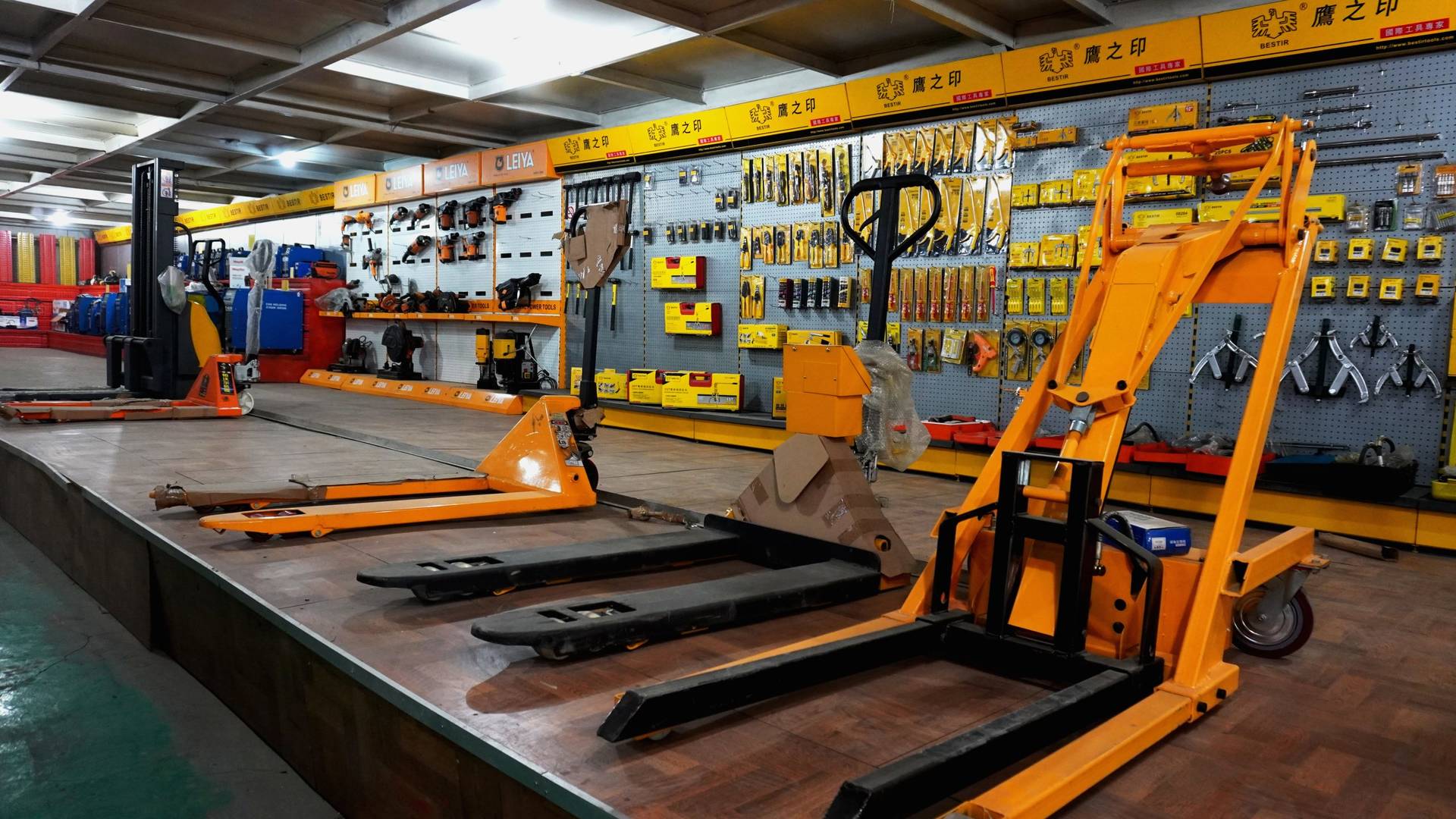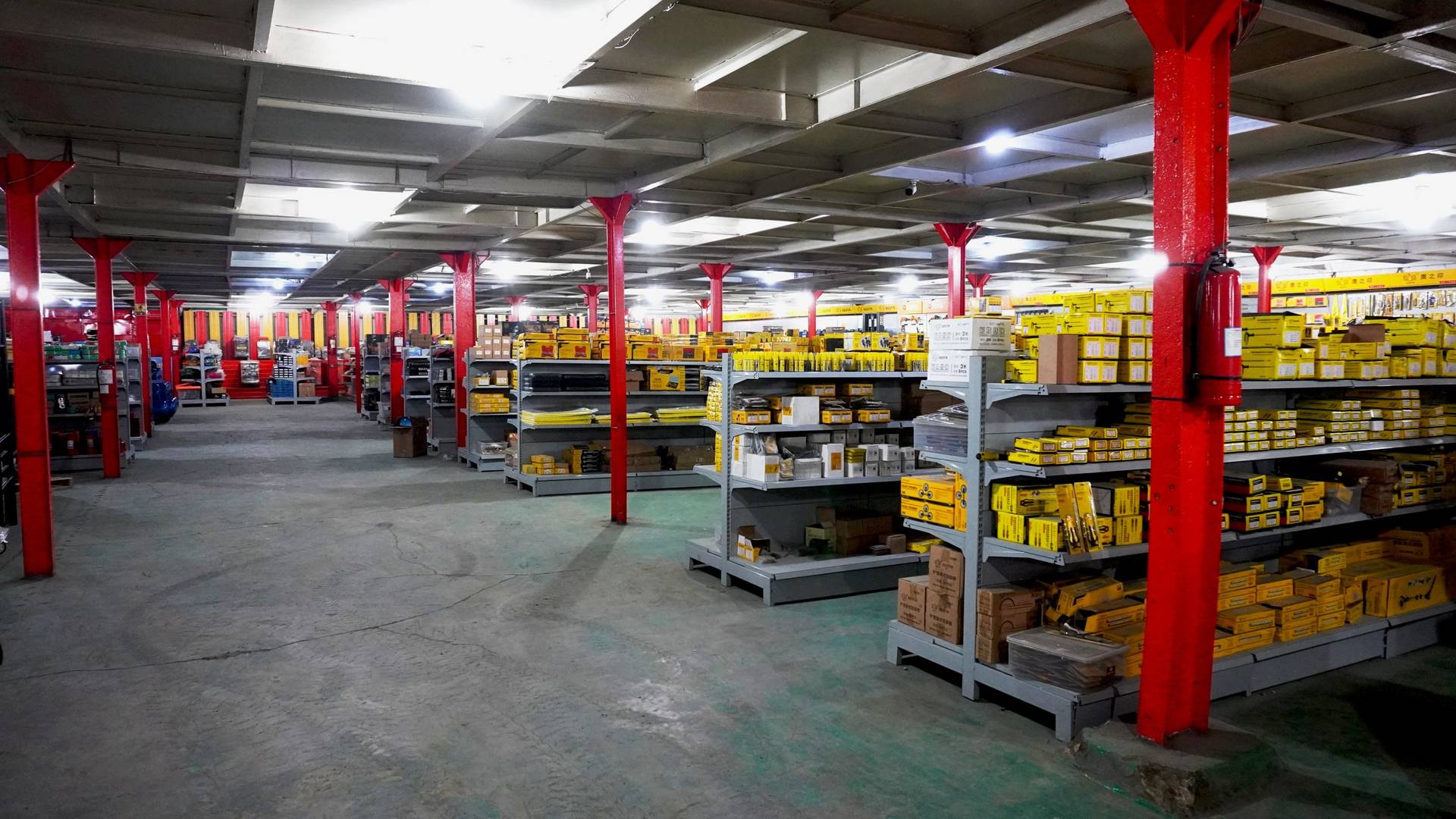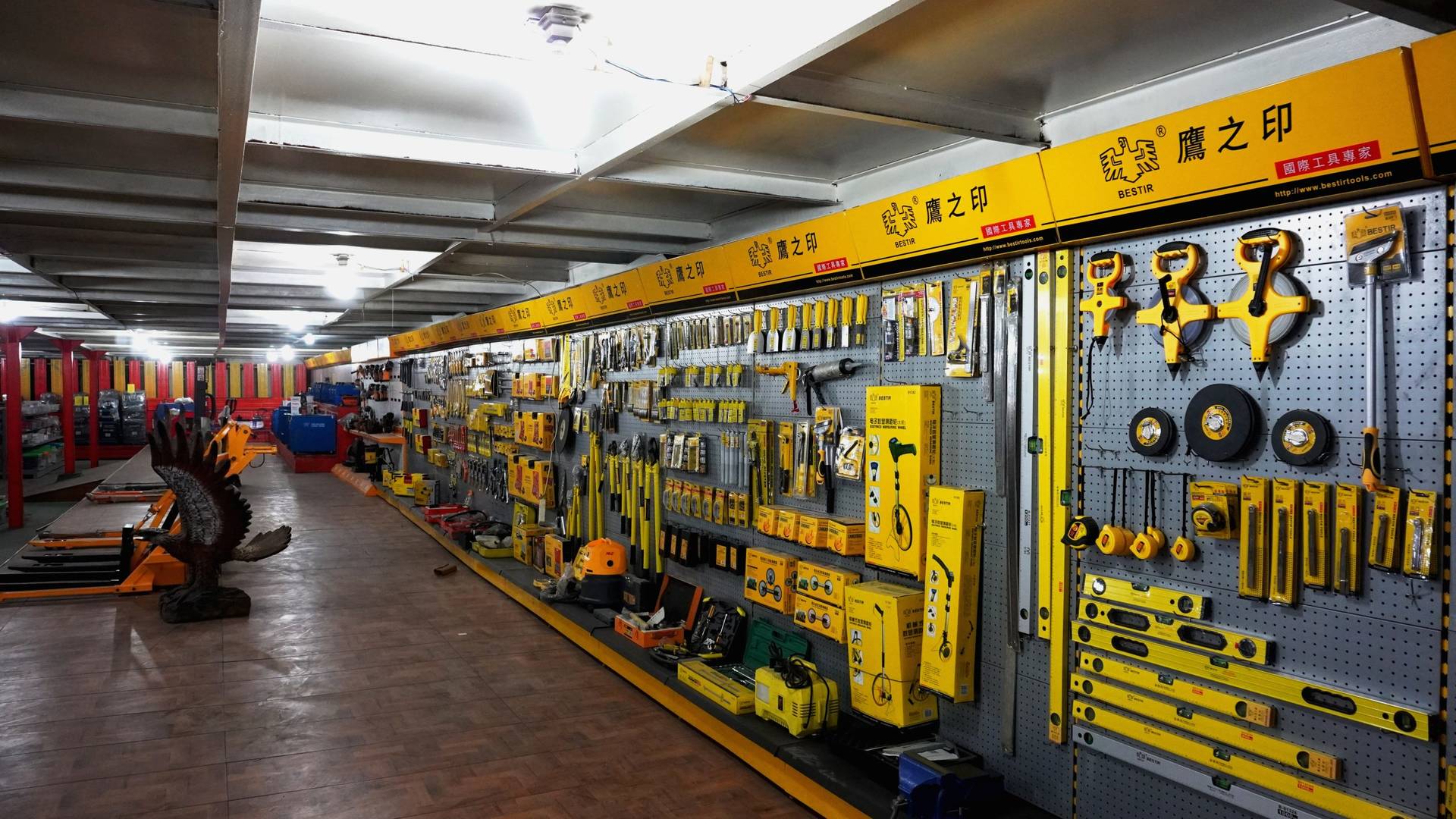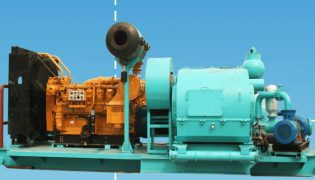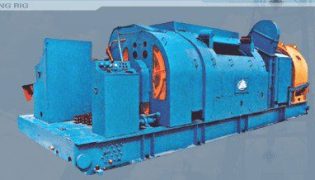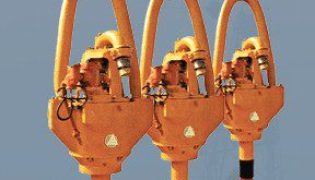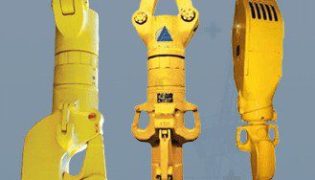Persaingan bisnis di era digital saat ini semakin kompetitif dan dinamis. Kondisi ini terjadi karena setiap perusahaan dituntut untuk terus beradaptasi dan berinovasi dalam menghadapi pesatnya perkembangan teknologi. Regulasi internal perusahaan, strategi inovasi, serta pemanfaatan teknologi digital menjadi faktor kunci dalam menjaga daya saing di tengah perubahan pasar yang cepat.
Khususnya pada industri mesin konstruksi, transformasi teknologi terjadi secara signifikan. Perkembangan mesin industri tidak hanya berfokus pada peningkatan kapasitas produksi, tetapi juga pada efisiensi energi, presisi kerja, serta integrasi sistem berbasis digital dan otomatisasi. Transformasi ini mendorong perusahaan manufaktur untuk terus melakukan pembaruan teknologi agar tetap relevan dan kompetitif.
Saat ini, jumlah perusahaan yang terlibat dalam produksi industri manufaktur global terus meningkat, terutama di sektor mesin berat dan mesin pemotong baja. Sebagai contoh, di China terdapat lebih dari 300 perusahaan yang memproduksi mesin pemotong baja. Tingginya jumlah produsen tersebut menunjukkan ketatnya persaingan sekaligus cepatnya laju inovasi dalam industri ini. Perusahaan tidak hanya bersaing dari sisi harga, tetapi juga dari kualitas produk, teknologi yang digunakan, serta layanan purna jual.
Dalam menghadapi kondisi tersebut, perusahaan industri mesin konstruksi perlu menerapkan strategi bisnis yang berorientasi pada inovasi berkelanjutan dan transformasi digital. Pemanfaatan teknologi seperti Internet of Things (IoT), kecerdasan buatan (AI), dan sistem manufaktur cerdas menjadi solusi strategis untuk meningkatkan produktivitas.

